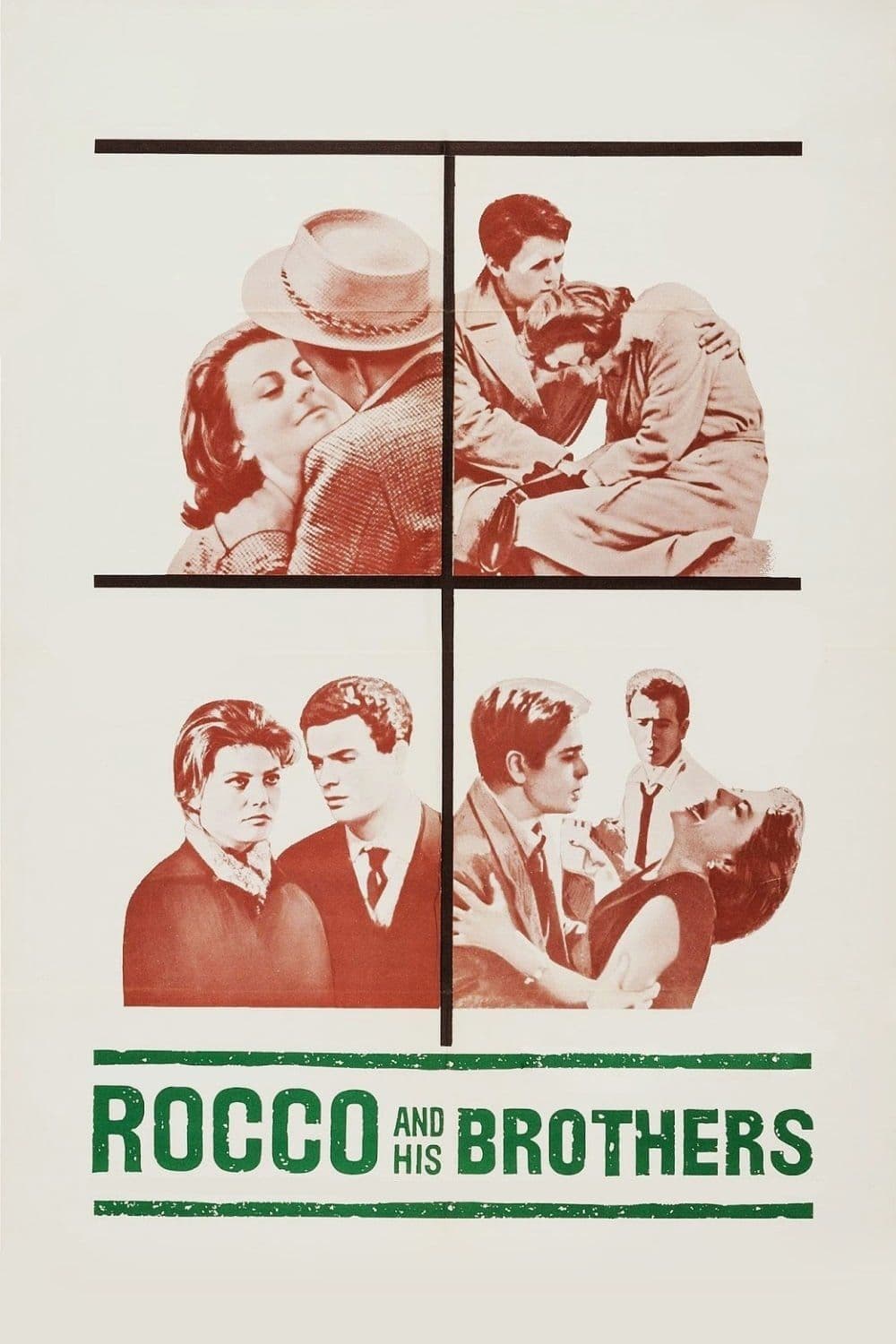
Rocco and His Brothers
1960
Rate this movie
Average: 0.00 / 5
(0 votes)
Director
Luchino Visconti explores family affections, depicting the tumultuous relationships of 5 brothers who, accompanied by their mother, arrive in Milan after emigrating from Basilicata following their father's death. This exodus from the rural South to the industrial North, in the midst of the so-called Italian "economic miracle," is not a mere geographical displacement but a true cultural and spiritual uprooting, casting the Parondi family into an alien environment, throbbing with new promises but also moral and social pitfalls.
One of the 5 brothers, Rocco, will form a relationship with a prostitute, Nadia, vying for her with his brother Simone. A destructive dualism will begin, a conflagration of passions and jealousies that will inevitably lead to tragedy. The dynamic between Rocco, the almost Christ-like martyr figure, and Simone, the archetype of the Antichrist or modern Cain, is the throbbing, tormented heart of the drama. Nadia, far from being a mere background figure, becomes the catalyst for this self-destruction, an ambivalent symbol of seduction and victimization in a world that denies her any true redemption.
An analytical, descriptive, empathetic film in which Visconti employs all his art as a keen explorer of the human soul and the passions that overwhelm it. His direction, here at the height of a masterful synthesis, transcends the neorealism of his earlier works like "Ossessione" and "La Terra Trema" to embrace a more epic and melodramatic scope, anticipating the visual sumptuousness and psychological depth of his subsequent historical dramas such as "The Leopard." "Rocco and His Brothers" is a work of "epic neorealism," capable of blending the documentary crudeness of daily life with a tragic lyricism of almost Shakespearean scope.
A monumental work on the degradation of affections that closely recalls the great subterranean passions driving the narratives of Dostoevsky's novels. The echo of the Karamazov brothers is palpable, not only in the plurality of male offspring but in the visceral exploration of guilt, redemption, sin, and sacrifice. Simone's inner conflict, tormented by his own bestiality and his indissoluble bond with Rocco, evokes Raskolnikov's existential despair. Visconti delves into the darkest depths of the soul, revealing how love, loyalty, and rage can intertwine into an inextricable tangle of destruction.
Central to this work is the family unit, understood as the only powerful means of aggregation, a "Pascolian nest" in which to take shelter from the storms of a hostile, alien, a world that cannot be truly experienced. Yet, precisely in this film, the nest proves to be an illusion, a fragile shell destined to shatter under the pressure of external forces and corrosive internal dynamics. Milan, the city of the economic mirage, is not a safe haven but a disintegrating force, a tentacular entity that erodes traditional values and compels the characters to painful transformations. The contrast between rural Basilicata and industrial Milan is a visual and thematic leitmotif, emphasized by Giuseppe Rotunno's superb black-and-white cinematography, capable of capturing both the dusty melancholy of the South and the raw, almost expressionistic, urbanity of the North. The boxing scenes, in particular, are not merely sports sequences but true microcosms of the brothers' existential conflict, metaphors for the struggle for survival and the endemic violence that permeates their new existence.
The Parondis' difficulty in integrating into Milanese society is blatant: they are foreigners in their own nation, disoriented by social and moral codes they do not comprehend. The incommunicability among them, and with the outside world, generates frustration and solitude. Repressed emotions, particularly those of Simone and Rocco, explode into acts of violence, be it physical, as in the ring, or psychological, in the betrayal of the most sacred bonds. Love, although hinted at as a possible redemption, often takes on the guise of a curse, a bond that inextricably links the characters' fates to tragedy. Nino Rota's melancholic and enveloping music amplifies the sense of fatality and the pathos of this family epic, wisely punctuating moments of tenderness and those of deeper despair.
A film about a lost and re-conquered family lexicon: but this re-conquest is not a return to innocence. It is rather a painful reaffirmation of what remains of the family after the cathartic purification of pain and loss. "Rocco and His Brothers" remains a cornerstone of world cinema, a timeless work on the fragility of human bonds and the individual's perennial struggle against the relentless forces of destiny and society.
Genres
Gallery
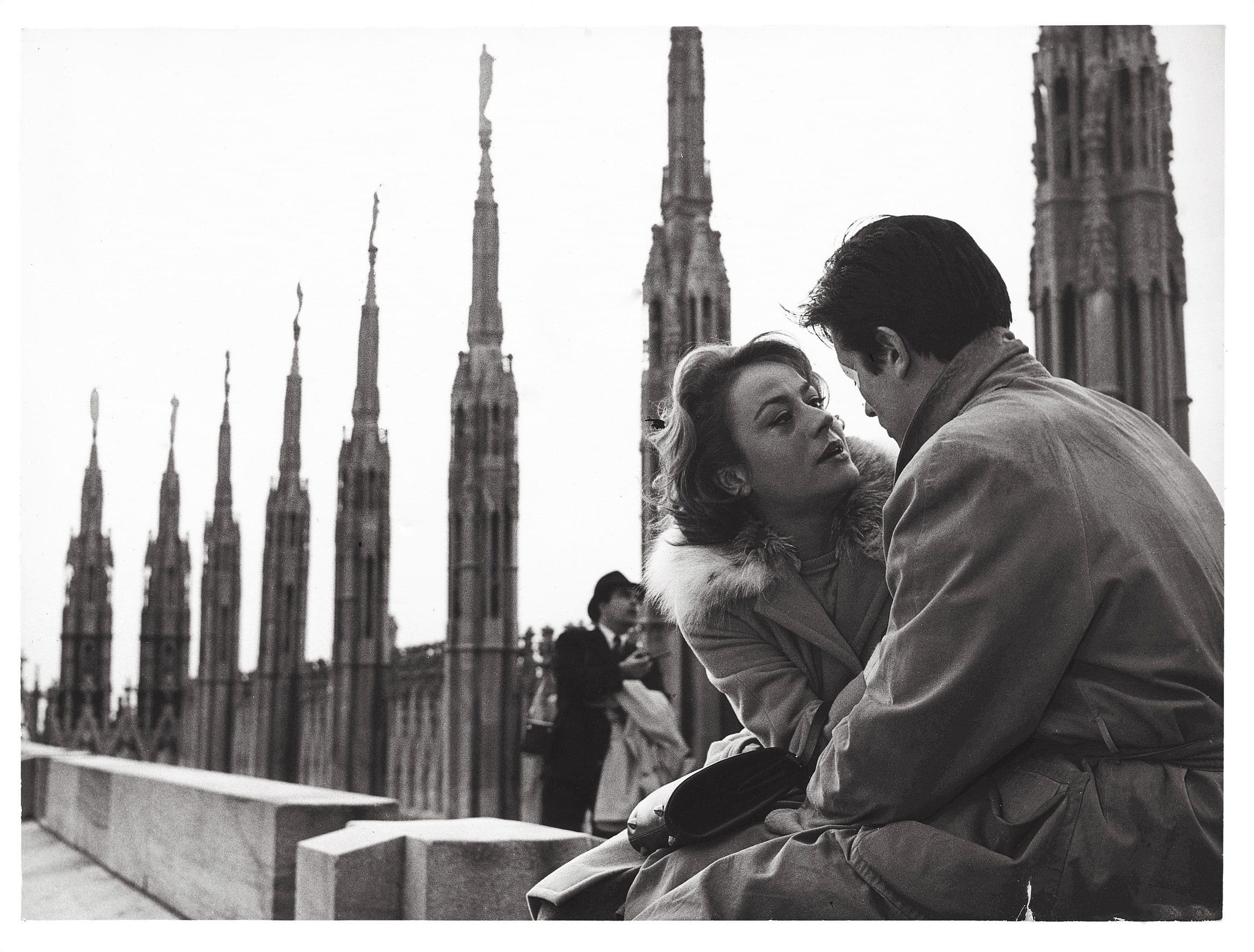
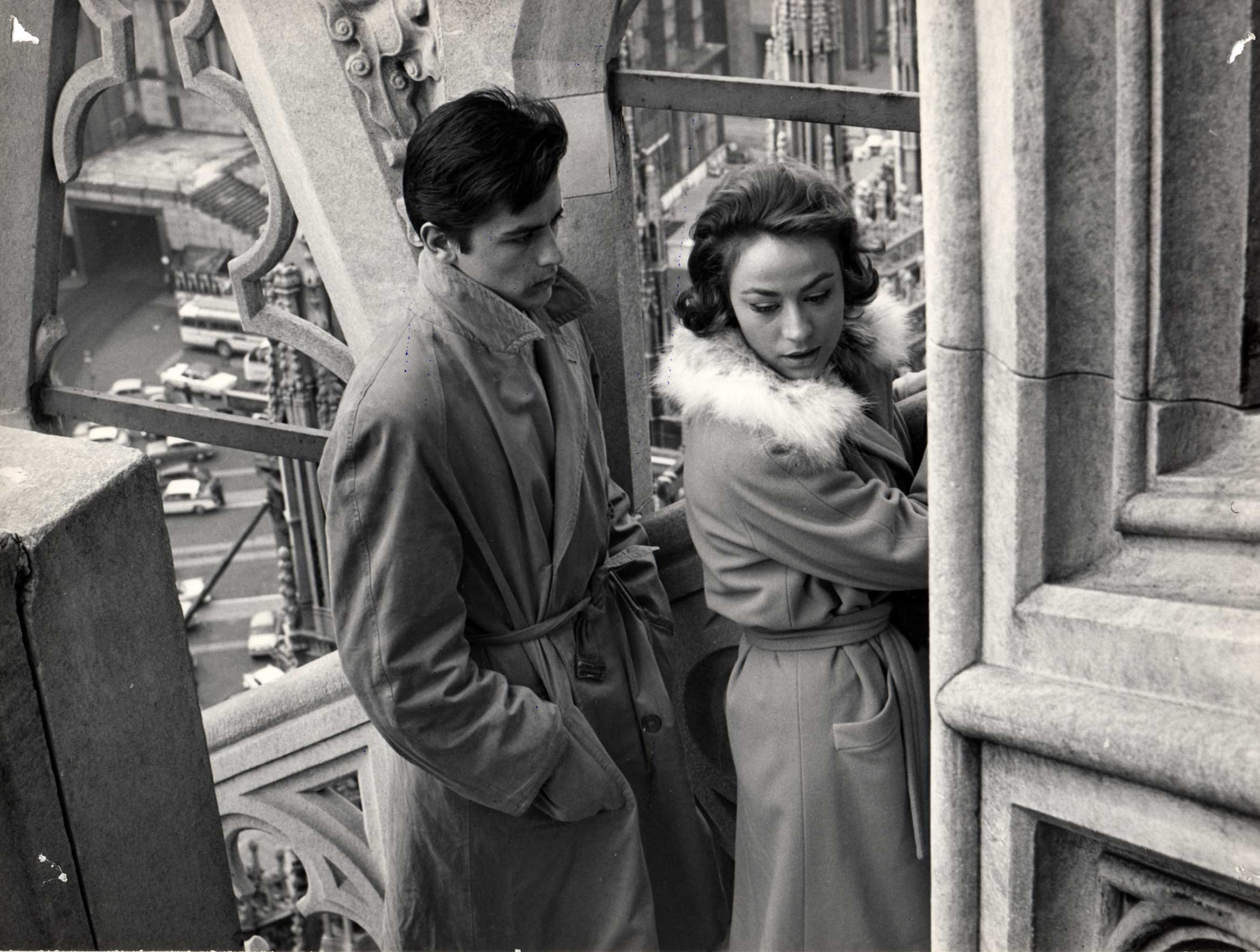
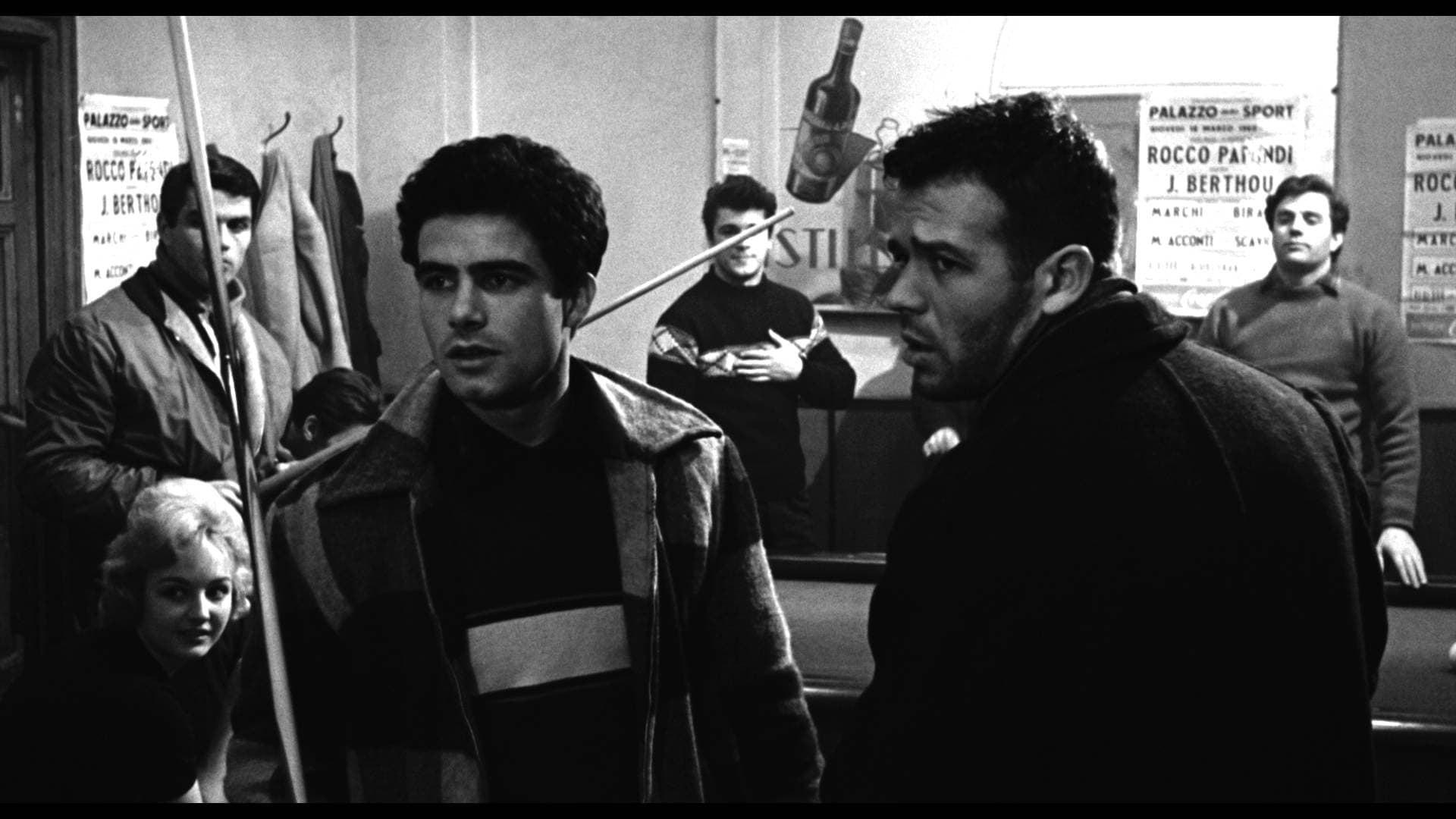


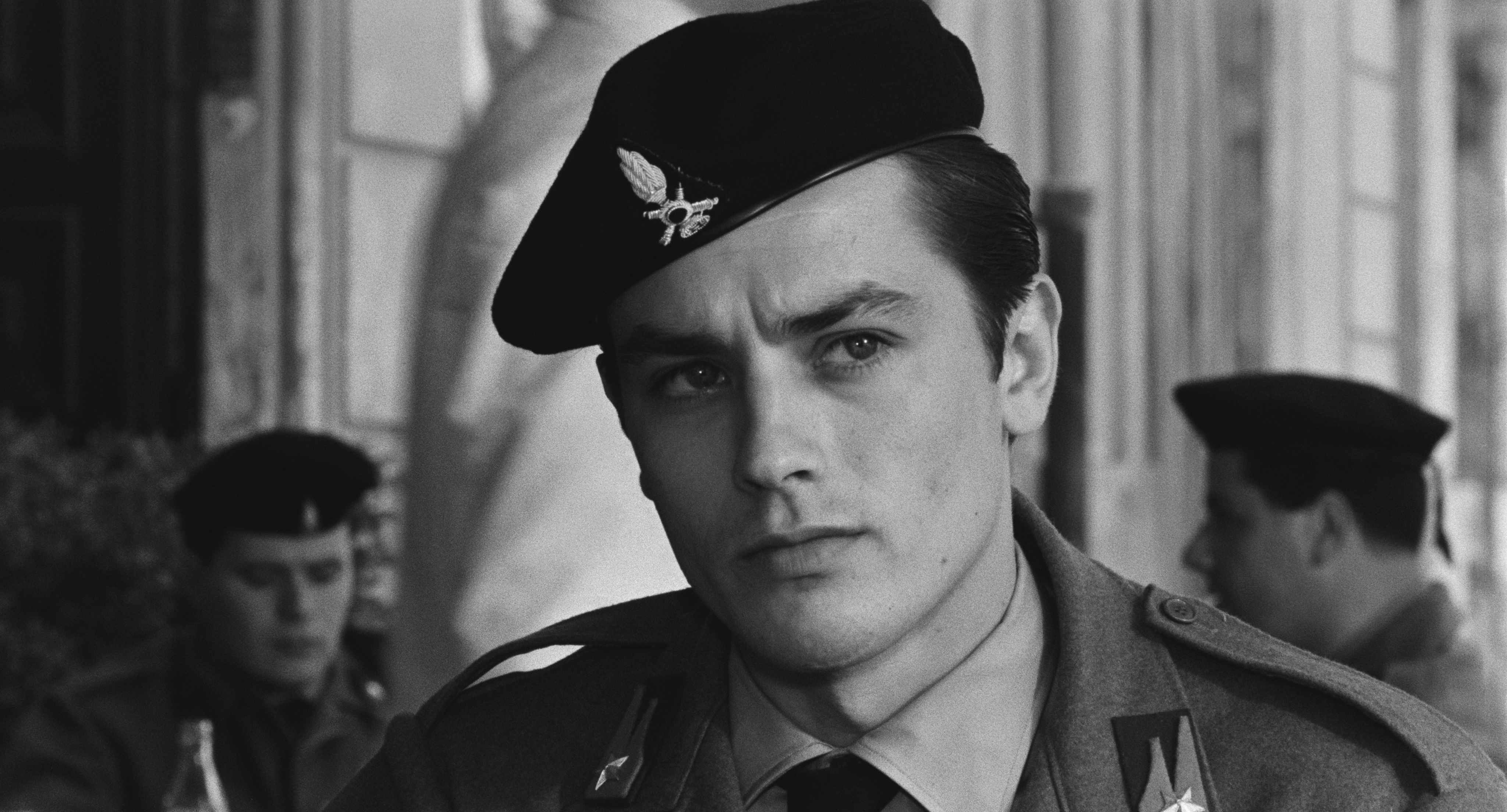
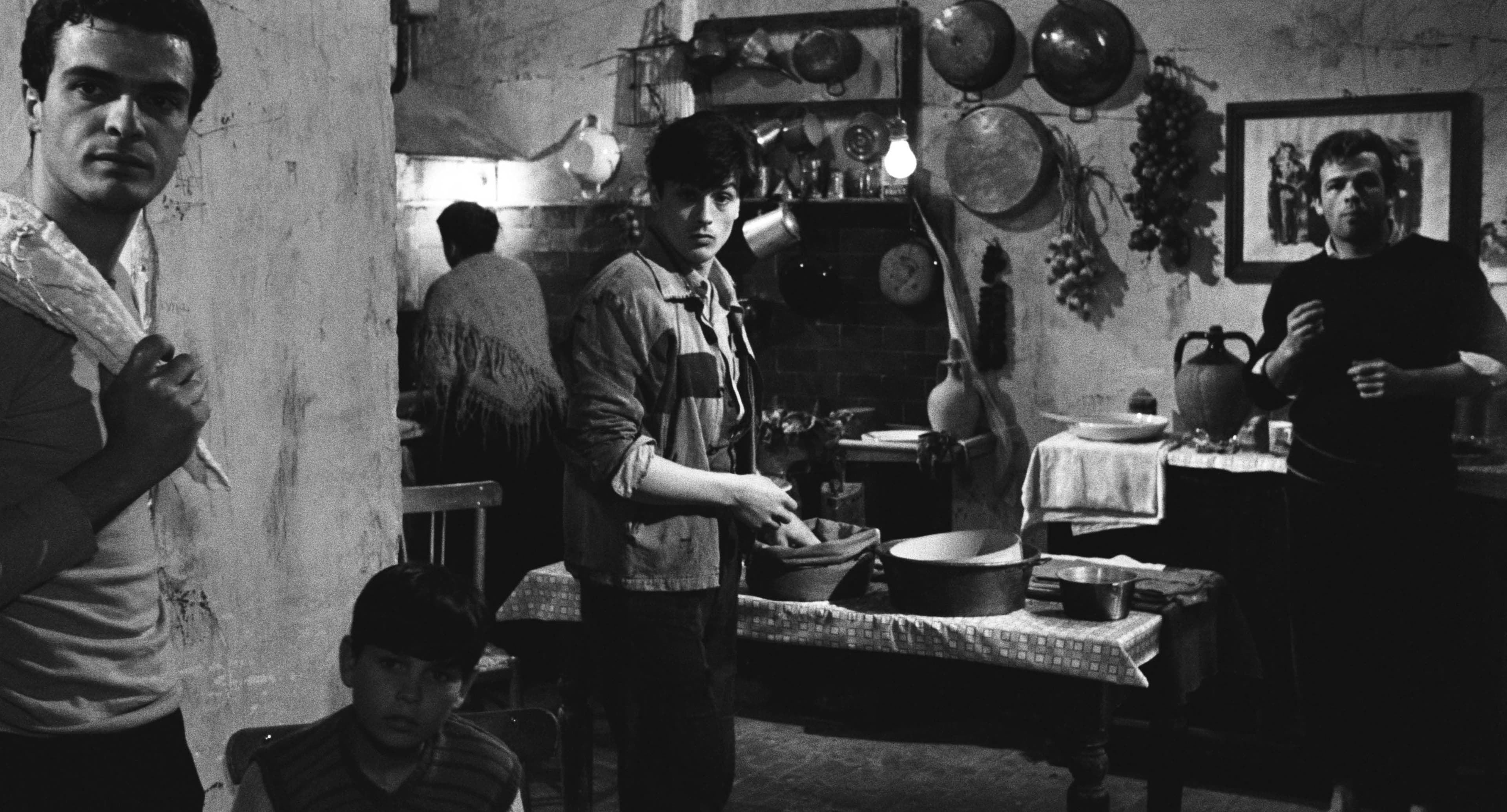
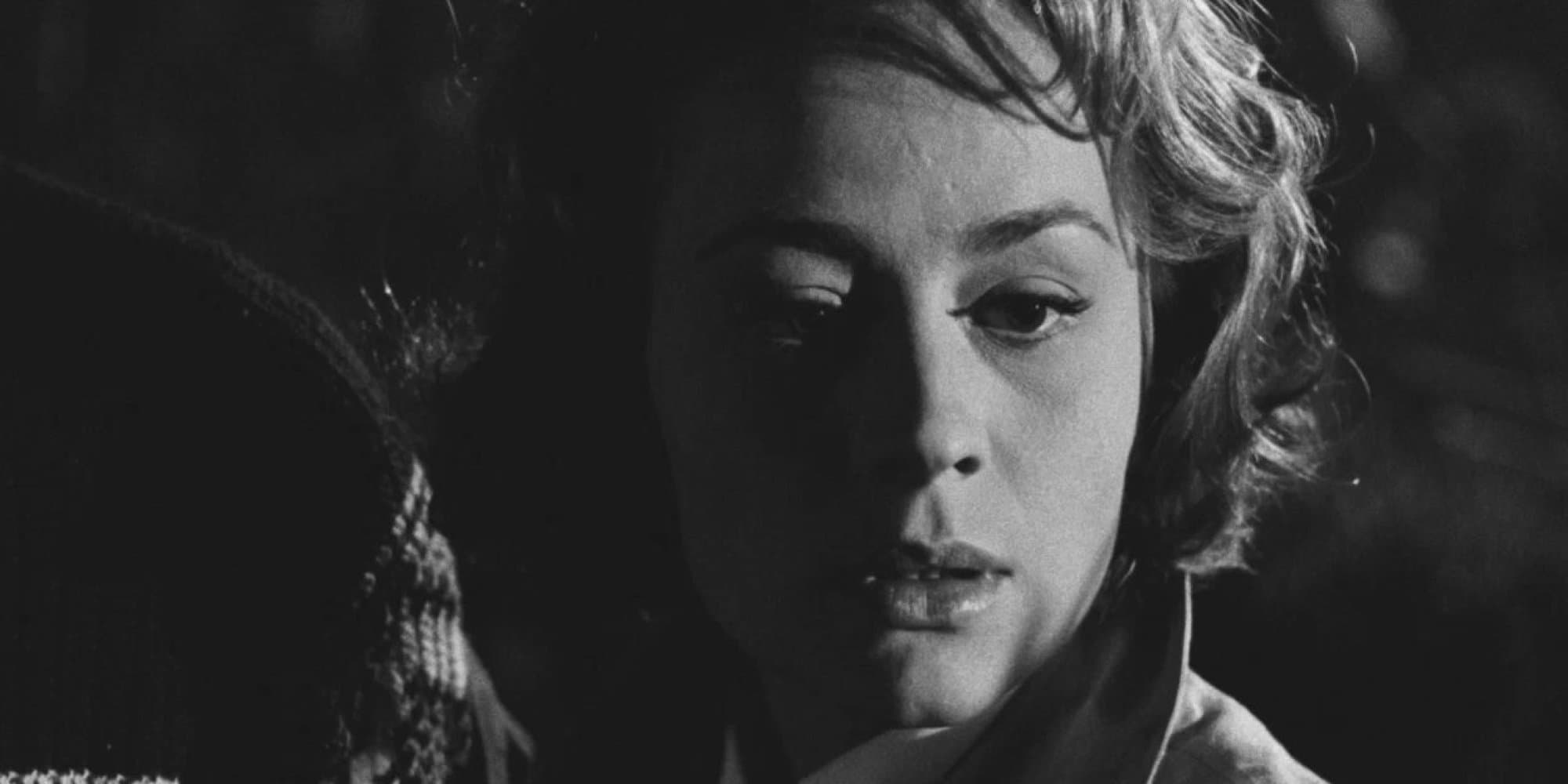
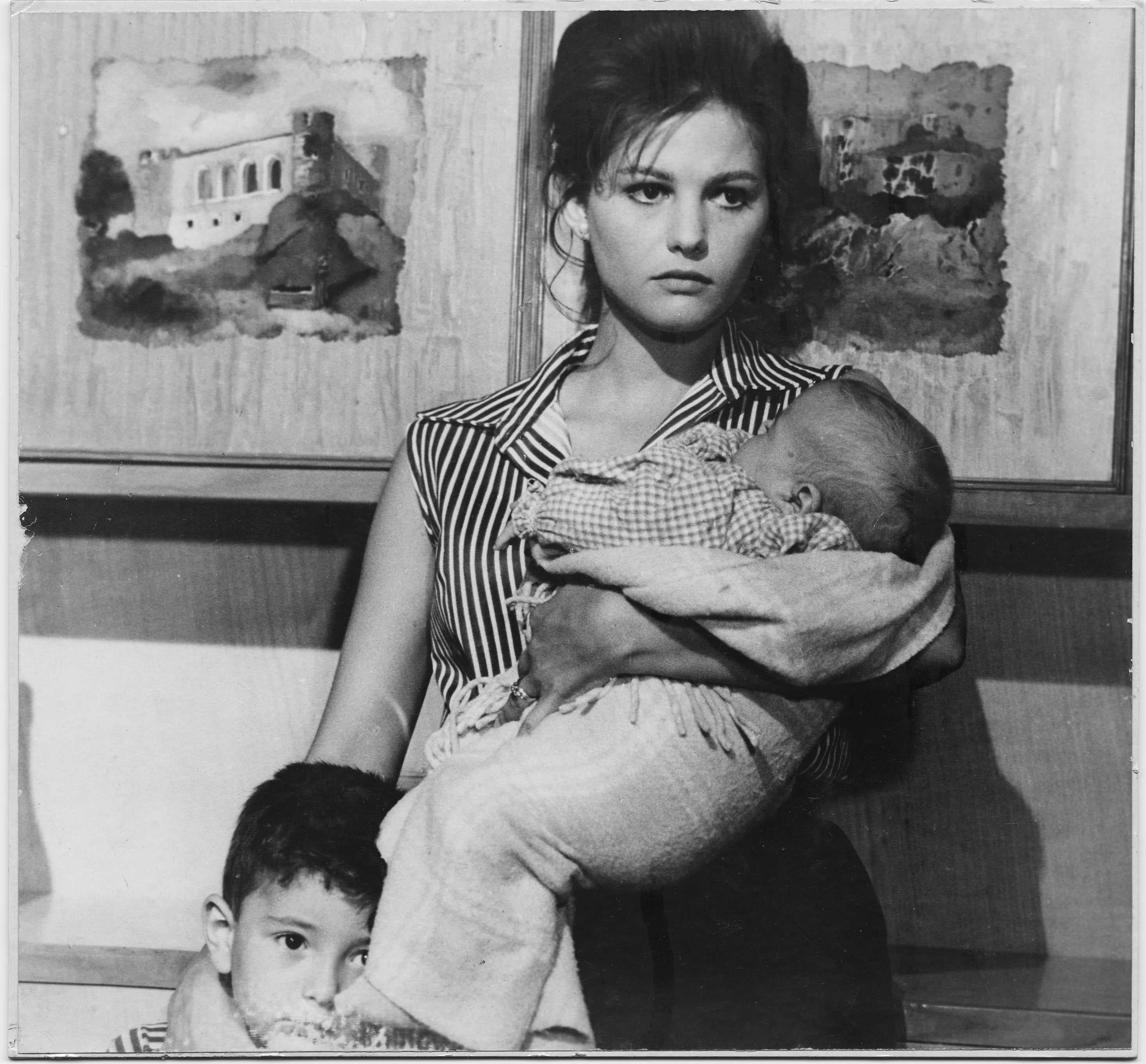
Featured Videos
Official Trailer
Comments
Loading comments...